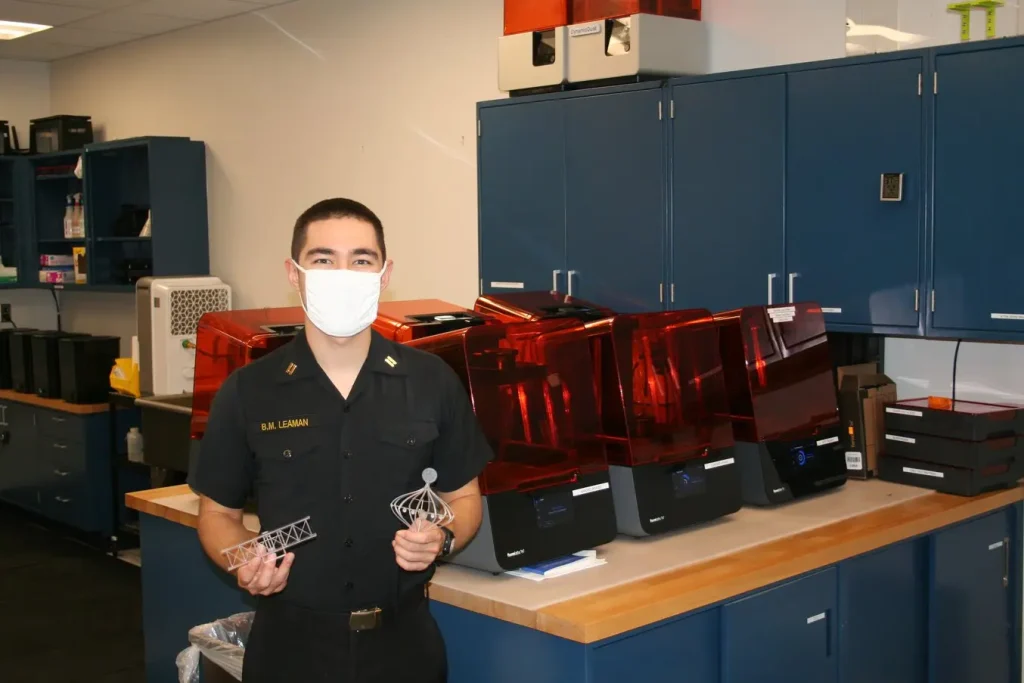By Tom Hopcroft, President & CEO
Mass Technology Leadership Council
Fueled by one of the world’s greatest concentrations of
research and academic institutions, Massachusetts has been at the forefront of
innovation for over 300 years – from the founding of the United States to
successive waves of innovation and leadership — in agriculture, maritime
trade, industrial mechanism, and information technology. This latest era has
witnessed technology innovation transforming our world with the birth of the
telephone, the Internet, the mutual fund, computational biology, genomics, telemedicine,
online education, and more.
research and academic institutions, Massachusetts has been at the forefront of
innovation for over 300 years – from the founding of the United States to
successive waves of innovation and leadership — in agriculture, maritime
trade, industrial mechanism, and information technology. This latest era has
witnessed technology innovation transforming our world with the birth of the
telephone, the Internet, the mutual fund, computational biology, genomics, telemedicine,
online education, and more.
Our political leaders work hard to leverage our regional
strength – brainpower, innovation and our knowledge economy. We are a leading
technology and innovation state, and with this comes both economic power and an
opportunity to use technology innovation to create new, flexible job
opportunities, particularly for women and people in lower income neighborhoods.
Ridesharing represents just one more in a long line of innovative business
models that is being embraced by our forward-looking populace. And, beyond the
improvements in convenience, safety and sustainability, these innovative
services contribute to the brand of our innovation economy which is a powerful
magnet for attracting and retaining talent, investments and companies to the
region.
strength – brainpower, innovation and our knowledge economy. We are a leading
technology and innovation state, and with this comes both economic power and an
opportunity to use technology innovation to create new, flexible job
opportunities, particularly for women and people in lower income neighborhoods.
Ridesharing represents just one more in a long line of innovative business
models that is being embraced by our forward-looking populace. And, beyond the
improvements in convenience, safety and sustainability, these innovative
services contribute to the brand of our innovation economy which is a powerful
magnet for attracting and retaining talent, investments and companies to the
region.
What’s Good for
Consumers is Good for Drivers
Consumers is Good for Drivers
A wide variety of transportation options provide both
visitors and residents of our Commonwealth with choices and flexibility,
supporting the Massachusetts innovation brand and providing service and
economic opportunity in underserved neighborhoods. Studies show that the availability of
transportation is the most significant factor in lifting communities out of
poverty. The addition of ridesharing has decreased wait times, increased safety
and accountability, and provided flexible work options for people across the
region.
visitors and residents of our Commonwealth with choices and flexibility,
supporting the Massachusetts innovation brand and providing service and
economic opportunity in underserved neighborhoods. Studies show that the availability of
transportation is the most significant factor in lifting communities out of
poverty. The addition of ridesharing has decreased wait times, increased safety
and accountability, and provided flexible work options for people across the
region.
Ridesharing is also good for the vast majority of taxi
drivers. With the tremendous demand for drivers and transferability of skills,
the rise of ridesharing companies like Uber and Lyft has created greater
economic opportunities for drivers. And the transportation network company (TNC)
technology platforms mean that drivers set their own schedules as they wish
rather than working fixed shifts. This flexibility plus the added security,
lack of cash on hand, and accountability are reflected in the relatively high
number of women who choose to be drivers in this new paradigm. These factors
also encourage drivers to come online in previously underserved neighborhoods.
drivers. With the tremendous demand for drivers and transferability of skills,
the rise of ridesharing companies like Uber and Lyft has created greater
economic opportunities for drivers. And the transportation network company (TNC)
technology platforms mean that drivers set their own schedules as they wish
rather than working fixed shifts. This flexibility plus the added security,
lack of cash on hand, and accountability are reflected in the relatively high
number of women who choose to be drivers in this new paradigm. These factors
also encourage drivers to come online in previously underserved neighborhoods.
The main opposition to ridesharing comes from owners of
highly coveted taxi medallions who must now cope with a shifting consumer
market. The automobile replaced the horse drawn carriage. Personal computers
replaced mainframes, only to be replaced by tablets. The Internet and mobile
technologies have forever changed communications. Instead of stifling
innovation in favor of old models, policy makers have instead shaped rules that
focused on the value to consumers.
highly coveted taxi medallions who must now cope with a shifting consumer
market. The automobile replaced the horse drawn carriage. Personal computers
replaced mainframes, only to be replaced by tablets. The Internet and mobile
technologies have forever changed communications. Instead of stifling
innovation in favor of old models, policy makers have instead shaped rules that
focused on the value to consumers.
The ridesharing model tips the balance in favor of
customer-centric drivers and service, and disrupts the entrenched regulatory
scheme built around a scarcity of medallions rather than service or safety of
consumers. As a leading technology innovation state, we should support
innovative business models as important to our brand and to the thousands of
drivers who have taken advantage of the high quality, flexible jobs that have
been created.
customer-centric drivers and service, and disrupts the entrenched regulatory
scheme built around a scarcity of medallions rather than service or safety of
consumers. As a leading technology innovation state, we should support
innovative business models as important to our brand and to the thousands of
drivers who have taken advantage of the high quality, flexible jobs that have
been created.
A Word of Caution
In seeking to protect traditional business models, some proposals
could, not only end ridesharing in Massachusetts as we know it – resulting in
the loss of tens of thousands of jobs, but threaten the very existence of our
innovation economy. Lawmakers have an opportunity to pass regulations that support the technologies and innovation that have changed the way Massachusetts moves.
could, not only end ridesharing in Massachusetts as we know it – resulting in
the loss of tens of thousands of jobs, but threaten the very existence of our
innovation economy. Lawmakers have an opportunity to pass regulations that support the technologies and innovation that have changed the way Massachusetts moves.
- Consider this: As a leader in mobile software and
hardware, Massachusetts’ thriving mobile community has produced game-changing
innovations from telecom to photo sharing, traditional retail to health and
fitness, online education, travel, home automation, and more. By all accounts,
mobile is where technology is going and our leadership in this area has
produced thousands of jobs. Yet one of the bills under consideration would require
tens of thousands of TNC drivers to bring their smartphones in for review and
approval by state regulators as if they were taxi meters. Requiring state
approval for users of mobile apps is a dangerous precedent that threatens to
drive the mobile development community out of Massachusetts, putting all our
industries that utilize mobile applications – from heath care to financial
services, and retail to education – at a significant disadvantage. Sensible regulations would ensure these new technologies that have introduced unprecedented accountability can continue to thrive and support the demands of Massachusetts residents and visitors.
- Consider this: One of the great things about
technology is its ability to level the playing field and help make smarter use
of capital investments. Another provision under consideration would prohibit
the use of technology to manage vehicles that are more than five years old.
Putting safety aside as already addressed by our state inspection system,
restrictions on the age of assets managed by TNC technology makes no sense.
Should building automation technology only be permitted on new buildings?
Should we not allow the public to fly on older airplanes, drive over bridges,
or ride bicycles that are more than a few years old? The effect with
ridesharing would simply be to exclude the drivers who are least able to afford
a new car every five years from essential economic opportunities and decrease
the availability of transportation in the underserved neighborhoods that need
it most. Legislators have an opportunity to support regulations that would create access to more affordable transportation options.
- Consider this: Dynamic pricing is a growing trend
that has been around for some time. We see algorithmic pricing and business
intelligence used in travel, retail, sporting, financial markets, etc. TNCs
have found a way to use this pricing to incentivize drivers and meet consumer
demand at peak times and in underserved communities, resulting in better
service for consumers. Much like a plumber who charges more for a late night
visit, the dynamic pricing is a trend that is an accepted practice in many
business models and has driven a responsive customer centric service level that
would be hard to let go. Prohibiting dynamic pricing could have far reaching
implications for our economy. Lawmakers should consider a framework that would support the innovative technologies that allow companies to help meet the growing demands.
Fair policies around ridesharing and other disruptive
technologies can become one of the first building blocks of a true Innovation
Agenda for our state. The tech sector is eager to continue to help state and
local lawmakers leverage technology to deliver vital services, and to create
the talent and regulatory framework that will let innovation thrive in
Massachusetts.
technologies can become one of the first building blocks of a true Innovation
Agenda for our state. The tech sector is eager to continue to help state and
local lawmakers leverage technology to deliver vital services, and to create
the talent and regulatory framework that will let innovation thrive in
Massachusetts.


